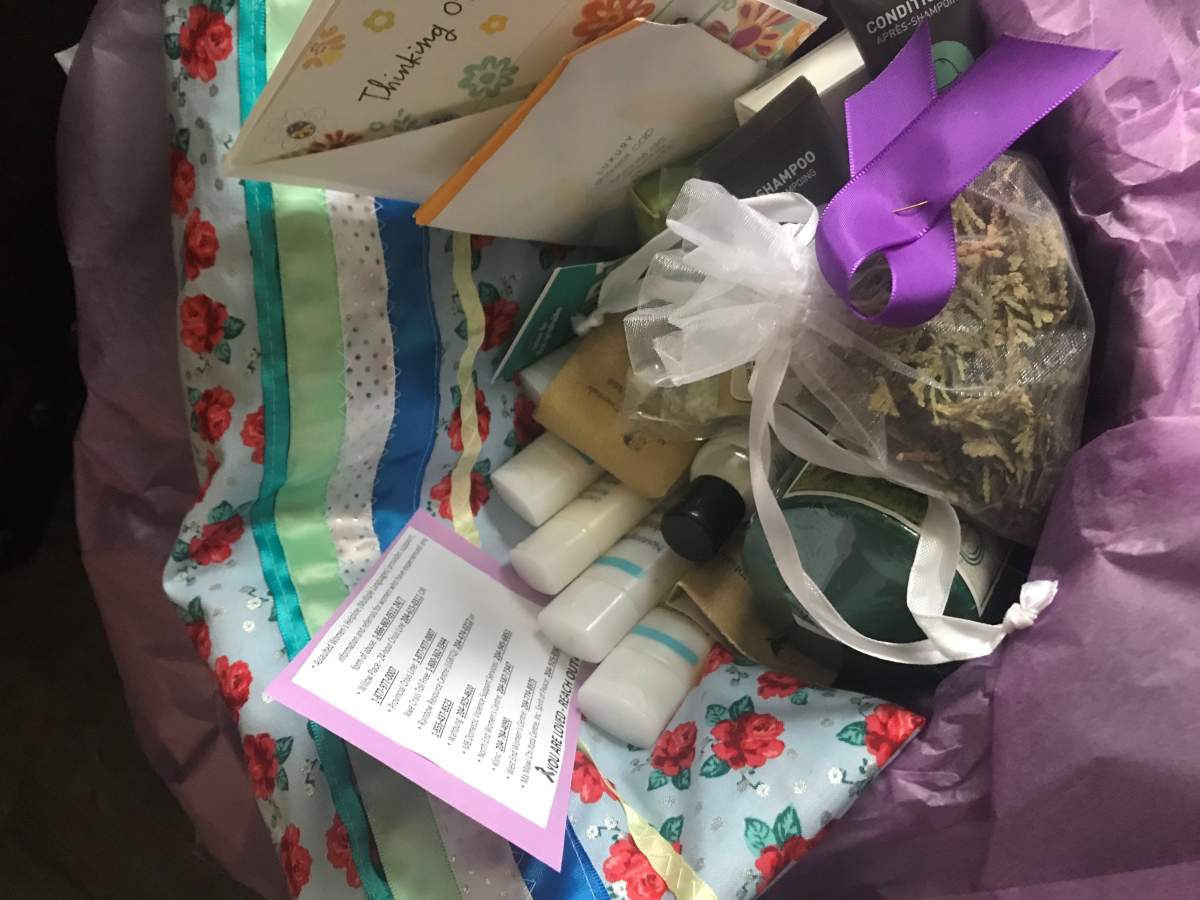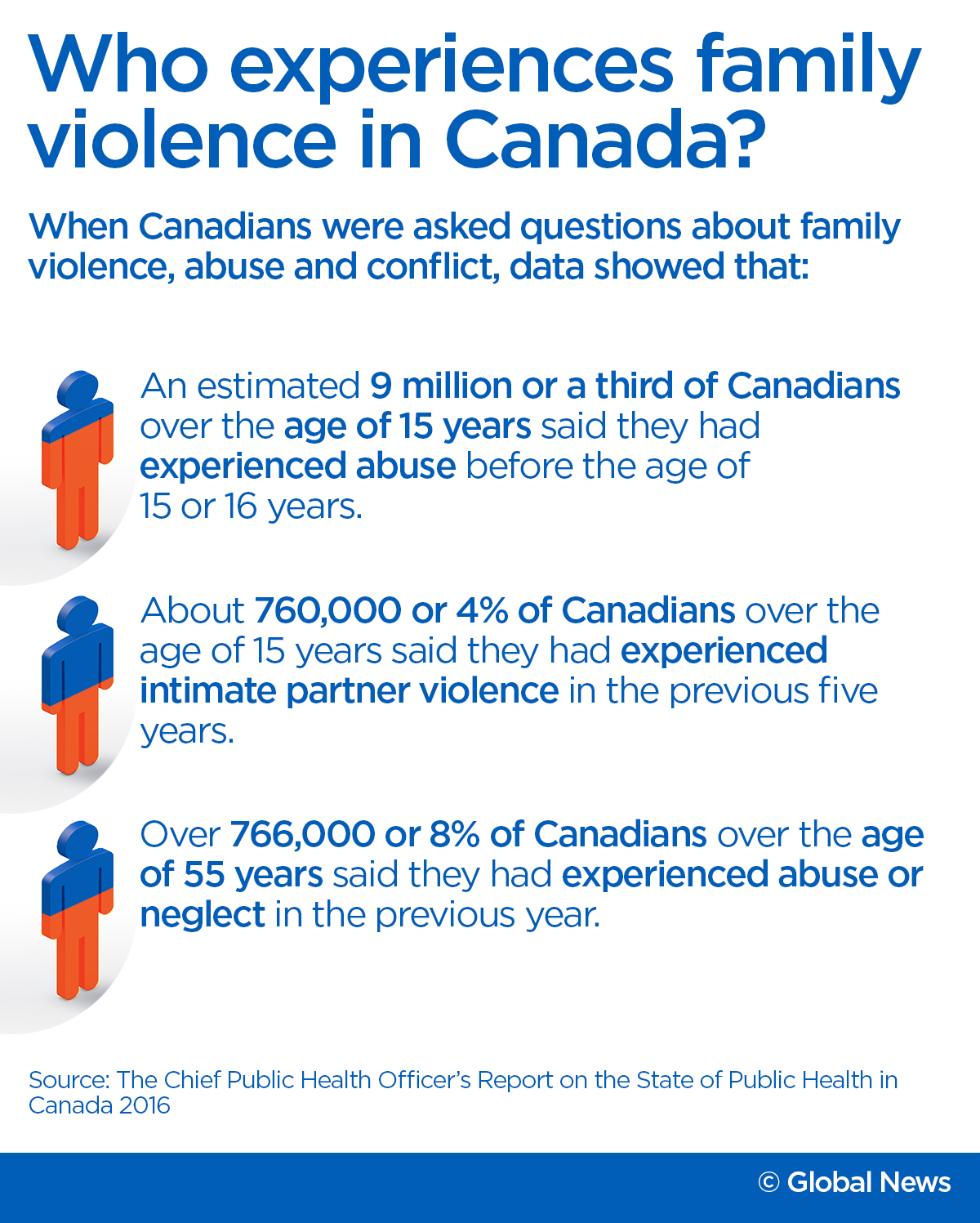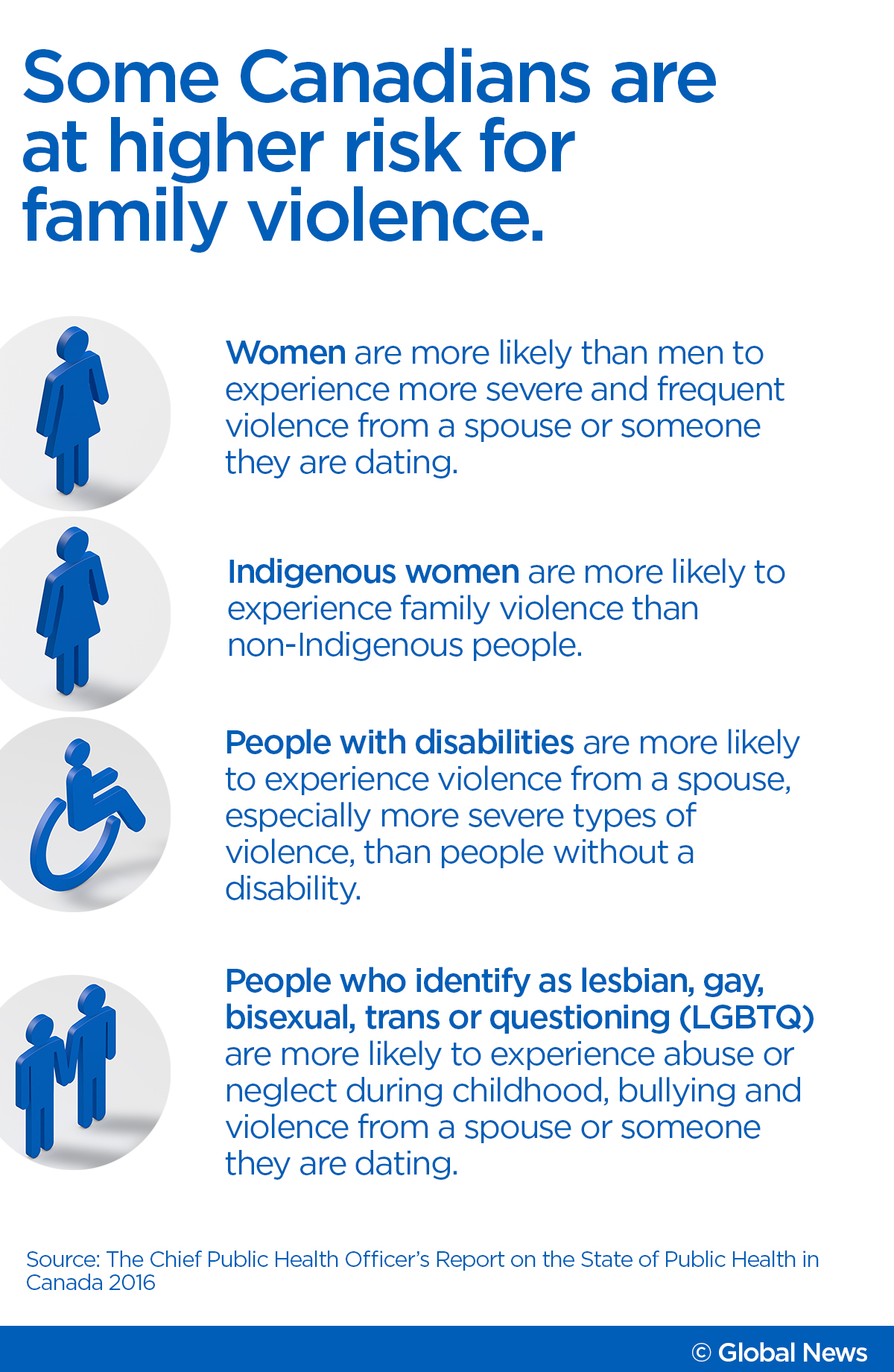This is part one of a series about overcoming abuse. Here’s part two and part three.

Their relationship started in a pretty familiar way — a wild romance that was on-again and off-again for several years. Anne and her partner decided to marry, hoping it would make things better for them as a family. (Anne is not her real name, but one used to protect the identity of a family violence survivor.)
Anne said everything spiraled out of control after the wedding. Her husband became controlling, told her she could never leave him, and even prevented her from going out of their home.
“It was hell,” she remembers. Anne was afraid to use a shelter and terrified about what could happen to her child if she escaped. She reached a point where she wanted to just give up. She said — knowing her husband might kill her — she was alright with that, because it meant the abuse would be over.
Despite her fears, Anne decided to finally contact a shelter and safely moved on with her child. She shares her experience with others hoping to inspire people from all walks of life to overcome abuse.
READ MORE: What are the myths surrounding family violence?
Anne is one of many survivors of family violence, which may start with an insult, a shove, slap or fight. But abuse can escalate and take a deadly turn.
Every year in Canada, about 172 homicides are committed by a family member, according to the Chief Public Health Officer’s report. The majority of victims are women.
Dr. Rayleen De Luca, a clinical psychologist and Order of Canada recipient, said one of the biggest misconceptions people have about family violence is that it’s not happening much in this country.
“Here in Canada, generally every six days, one woman has been murdered by an intimate partner,” De Luca said.
“This is a very, very serious area and people have to know to encourage support.”
READ MORE: Last year, 137 women were killed by someone they knew — each day
Family violence can appear in many different forms and studies show no single factor can accurately predict when it will happen. Many people are hesitant to talk about violence at home, so it is often unreported.
WATCH: Clinical psychologist suggests how to speak respectfully to survivors of violence

How to support family violence survivors
After working with many survivors of violence, De Luca said a keyword that comes up is respect.
“They did not feel respected. They felt that they were put down, they were judged,” De Luca said. Instead of blaming the survivor for not leaving the relationship, telling them what to do, and making them feel even worse, DeLuca recommends using phrases such as:
- “I really care about you.”
- “What do you need from me? What would you like from me?”
- “How can I help? What is it that I can do that you need?”

Get breaking National news
This can make a big difference when communicating with someone who feels disrespected and degraded with low self-esteem, De Luca said.
READ MORE: Signs you’re in an emotionally abusive relationship and how to get help
“You can be sure that the offender has constantly said, ‘You were cheating on me,’ calling her really derogatory terms, and saying negative things, so she’s feeling pretty bad anyway, so she needs to … feel better about herself,” De Luca said.
Offenders may try to justify their behaviour without taking ownership of their actions, a document from the Canadian Resource Centre for Victims of Crime (CRCVC) shows. Some examples include offenders blaming their partners, claiming they deserved abuse and blaming the violence on stress from work or substance abuse.
READ MORE: ‘Victim-blaming is still alive and well,’ says Sheldon Kennedy on Alberta judge
The CRCVC highlights that questions such as, “Why didn’t they just leave?” are dangerous because they reinforce the notion that someone enjoys abuse and that’s why they stay in the relationship, which is not true. Blame language can devalue violent actions, remove the responsibility from the offender and ultimately make survivors less likely to report abuse.
“People that want to help could find out where their closest resources are, how that person can get there, and maybe even take them there, if they would consider it, but again — respect, respect, respect,” De Luca said.
WATCH: The cycle of violence theory explained by Dr. Rayleen De Luca

Respect and hope for survivors
Respect for survivors and victims of violence is important to Angela Lavallee, the vice chair of Wahbung Abinoonjiiag Inc., a Manitoba organization empowering women and girls to break the cycle of violence.
Lavalle works with a group of volunteers to make self-care baskets for people trying to flee family violence.
“It comes with little cards that say ‘you are loved’ with a purple ribbon,” Lavallee said. “It’s got a list of all the resources on there so they can actually roll it up if they want, and put it in a safe place.”
PHOTO: A closer look at the self-care baskets supporting survivors of violence
The baskets include items such as candles, bubble bath soap, lotions and shampoo.
READ MORE: Manitoba is second-highest province for violence against girls and young women
“Sometimes women can’t reach out because they’re so intertwined and stuck in the cycle of domestic violence, so what we need to do as a community is reach in … we need to find a way to connect.”
Healing for survivors
Survivors of violence can suffer long-term psychological consequences such as those associated with post-traumatic stress disorder, according to 2018 data from Statistics Canada.
De Luca suggests treatment and therapy for survivors looking to move forward in their lives. In many cases, shelters can help set up supports like this for survivors for free.
WATCH: How offenders who have behaved abusively can find support when trying to change

De Luca said one-on-one psychology appointments can also help survivors of violence realize what happened wasn’t their fault.
“Too often the individual feels that they brought it upon themselves, and very often the public will make them feel like they brought it upon themselves, that they could have left any time and they didn’t. It’s not that simple,” De Luca said.
“In therapy, they recognize that they really didn’t have the control at that time and they begin to feel better about themselves.”
If you need help immediately, call 911. If you are hurt, go to the nearest hospital.
Resources
Connect with someone at Crisis Services Canada toll-free at 1-833-456-4566 any time, or text 45645. Here is another list of crisis hotlines you can call.
Click here for a map of shelters offering a safe place to stay, counselling and referrals.
Here’s more information about services for abused men.
Newcomers to Canada, you can find free services near you here.
This government resource includes family violence supports, along with a list of resource options.
Here’s a booklet put together by survivors of family violence that can help you create a safety plan.
To learn more about family violence and recovery for offenders more government resources are online.
Find your nearest Canadian Mental Health Association location or learn more about well-being supports across Canada here.






















Comments
Want to discuss? Please read our Commenting Policy first.